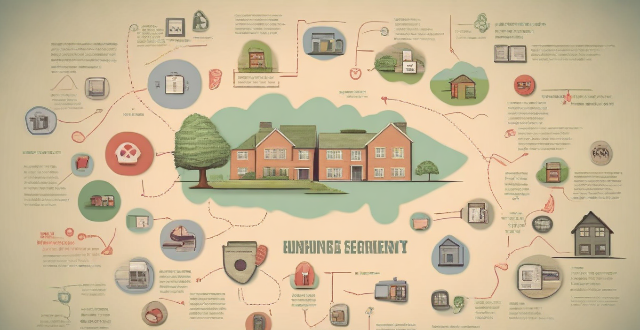Smart home devices, while convenient, raise privacy concernsSmart home devices, while convenient, raise privacy concerns security vulnerabilities, raise privacy concerns due to data collection, security vulnerabilities, third-party access issues, lack of transparency from manufacturers, permanent data retention, and evolving legal frameworks. Users should research devices thoroughly and take steps to protect their privacy.

Privacy Concerns Associated with Using Smart Home Devices
Smart home devices have become increasingly popular in recent years, offering convenience and automation to our daily lives. However, these devices also raise significant privacy concerns that users should be aware of before incorporating them into their homes. In this article, we will explore the main privacy issues associated with using smart home devices.
1. Data Collection and Storage
One of the most significant privacy concerns with smart home devices is the extensive data collection and storage practices employed by many manufacturers. These devices often collect a wide range of personal information, including:
- Location Data: Some smart home devices track your location to provide personalized services or recommendations based on your proximity to your home.
- Voice Commands: Smart speakers like Amazon Echo or Google Home record and process voice commands to execute tasks or answer questions.
- Usage Data: Many devices collect data on how you use them, such as when you turn on lights or adjust the temperature.
- Personal Information: Some devices may require you to provide personal information during setup, such as your name, email address, or phone number.
This data is typically stored in cloud servers managed by the device manufacturer, raising concerns about who has access to it and how it's being used.
2. Security Vulnerabilities
Smart home devices are often connected to the internet, making them potential targets for cyberattacks. Hackers can exploit vulnerabilities in these devices to gain unauthorized access to your network and sensitive information. This risk is compounded by the fact that many users do not regularly update their devices' firmware, leaving known security flaws open to attack.
3. Third-Party Access
Many smart home devices rely on third-party apps or services to function correctly. For example, a smart light bulb might require an app to control its settings. These third-party services can pose additional privacy risks if they collect and share user data without proper consent or security measures.
4. Lack of Transparency
A lack of transparency from smart home device manufacturers regarding their data collection and sharing practices is another major privacy concern. Without clear policies and explanations, users cannot make informed decisions about which devices to trust and how to configure them for maximum privacy.
5. Permanent Data Retention
Some smart home devices retain data permanently, meaning that once collected, it cannot be deleted. This permanent data retention can be problematic if a user decides to stop using a particular device or service, as their personal information may still be accessible by the manufacturer long afterward.
6. Legal and Regulatory Issues
As smart home technology evolves rapidly, legal frameworks and regulations often lag behind, leaving gaps in protection for user privacy. Additionally, different countries have varying laws regarding data protection, complicating matters for international users and manufacturers alike.
In conclusion, while smart home devices offer numerous benefits, they also introduce significant privacy concerns that users must consider carefully before adoption. Being aware of these issues and taking steps to protect your privacy – such as researching each device thoroughly, limiting unnecessary data collection, and keeping software up-to-date – can help mitigate these risks.